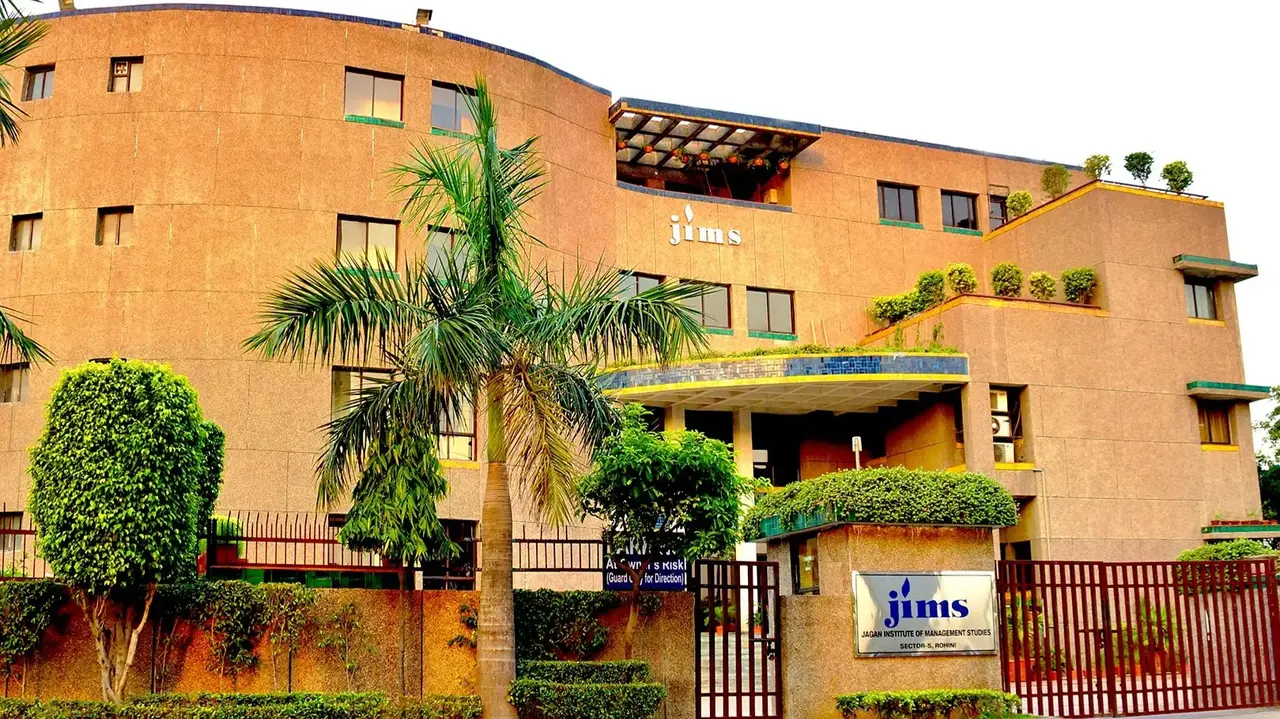Updated 11 March 2025 at 17:46 IST
The Importance of Specialisations in an MBA Program
MBA specialisations allow students to explore specific business areas more deeply, providing them with the expertise and skills needed to succeed.
- Initiatives News
- 5 min read

A Master of Business Administration (MBA) is among the most prestigious worldwide. It offers students a broad understanding of various business functions such as management, marketing, finance, and human resources. However, as business environments become more complex, the importance of specialisation within an MBA program has grown significantly.
MBA specialisations allow students to explore specific business areas more deeply, providing them with the expertise and skills needed to succeed in today’s competitive job market. This blog will explore the key reasons why specialisation in an MBA program is crucial.
1. Enhances Career Opportunities
One of the most significant advantages of specialising in an MBA program is its opportunity to enhance career prospects. Employers today are looking for professionals with both general business knowledge and expertise in a particular area. Whether it's finance, marketing, data analytics, or operations, a specialisation makes you more attractive to potential employers by showcasing your deep understanding and ability to perform in a specific role.
For example, if you specialise in finance, you may be better equipped for financial analyst, investment banker, or corporate finance manager roles. On the other hand, if you focus on marketing, you might pursue careers in brand management, digital marketing, or market research. In a competitive job market, having a specialisation allows you to stand out from the crowd and increases your chances of landing the job you desire.
Advertisement
2. Increases Subject Matter Expertise
While an MBA program provides a strong foundation in various business disciplines, a specialisation allows you to become an expert in one field. This in-depth knowledge is not only valuable to employers but also to your personal development. As industries evolve, specialised expertise enables you to keep up with the latest trends, challenges, and technological advancements.
Furthermore, specialised knowledge helps you become more confident in your field, allowing you to make informed decisions and take on leadership roles within your organisation. The more you know about a subject, the more valuable you become to your employer and the industry.
Advertisement
3. Helps Tailor Education to Career Goals
An MBA is a significant investment of time and money, so ensuring that your education aligns with your career goals is essential. Specialising in an area that matches your interests and aspirations can help you maximise your MBA experience. Whether you want to work in consulting, entrepreneurship, or international business, specialisations enable you to choose courses and projects directly related to your desired career path.
For example, to start a business, consider specialising in entrepreneurship or innovation. This will allow you to develop the skills necessary to create and grow your company. Similarly, you aim for a leadership role in a global company. In that case, you might specialise in international business, which will provide insights into cross-cultural management, global strategy, and international trade.
4. Develop a Network of Like-Minded Professionals
Specialising in an MBA program also allows for the connection with like-minded individuals with similar interests and career aspirations. During your studies, you will interact with peers focusing on the same area of specialisation, whether through group projects, discussions, or networking events. This network can be incredibly valuable regarding job hunting, professional development, and industry insights.
Moreover, faculty members specialising in a particular field often have strong industry connections and can provide guidance, mentorship, and recommendations made to suit your interests. Building relationships with professors and fellow students in your specialisation helps you tap into a community of professionals who can offer support and opportunities throughout your career.
5. Increases Earning Potential
One of the primary reasons people pursue an MBA is to boost their earning potential, and specialisation can significantly contribute to that goal. Professionals with expertise in a specialised area are often in high demand, particularly in technology, healthcare, finance, and data analytics. These industries require individuals with niche skills, so they offer higher salaries to those with specialised knowledge.
For example, an MBA graduate specialising in data analytics may have access to opportunities in high-paying roles such as data scientist or business intelligence analyst. Similarly, a specialisation in financial services could lead to roles in investment banking, private equity, or corporate finance, which typically offer lucrative salaries.
In addition, specialised skills can lead to faster career progression. As you gain experience and expertise in a specific area, you may move into higher-level positions more quickly than someone with a broader, less focused skill set.
6. Adapts to Market Needs and Industry Trends
The business world constantly changes, with new technologies, regulations, and market dynamics shaping industries daily. Specialisations allow MBA programs to adapt to these shifts by offering courses and tracks that reflect the market's current needs. For instance, specialisations in emerging fields such as artificial intelligence, cybersecurity, and sustainability are becoming increasingly popular as companies recognise the importance of these areas for long-term success.
By pursuing a specialisation, you gain expertise in your chosen field and position yourself as someone whipped to tackle the challenges and opportunities presented by industry trends. Specialisations keep your skills relevant and ensure you remain competitive in a rapidly evolving business landscape.
Conclusion
The importance of specialisation in an MBA program from top MBA college cannot be overstated. Students can enhance their career opportunities, develop subject matter expertise, and tailor their education to align with their professional goals by focusing on a particular business or area. Specialisations also provide opportunities to network with like-minded individuals, increase earning potential, and stay relevant in an ever-changing job market.
Whether you are interested in finance, marketing, operations, or any other area, choosing a specialisation during your MBA program can set you up for long-term success and personal fulfilment.
Published By : Abhishek Tiwari
Published On: 11 March 2025 at 17:46 IST
